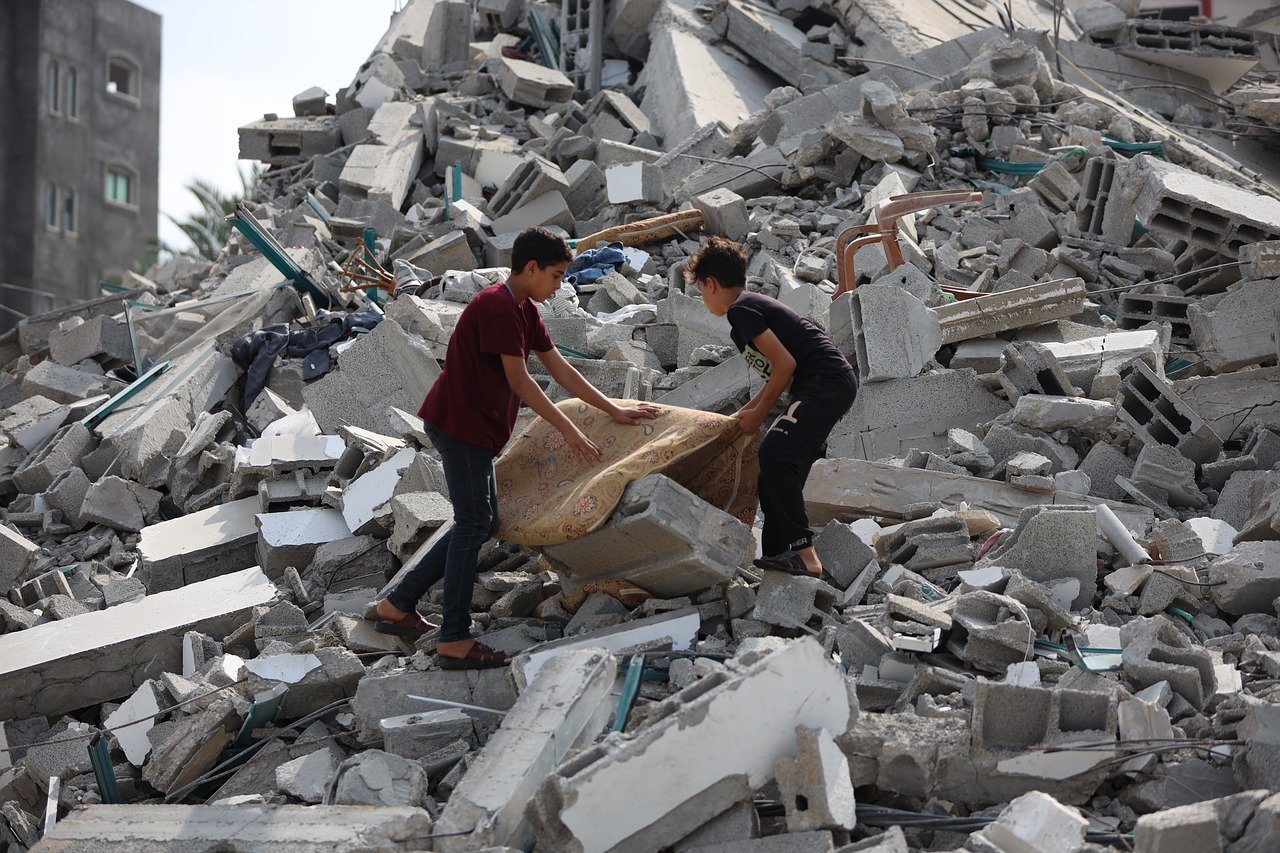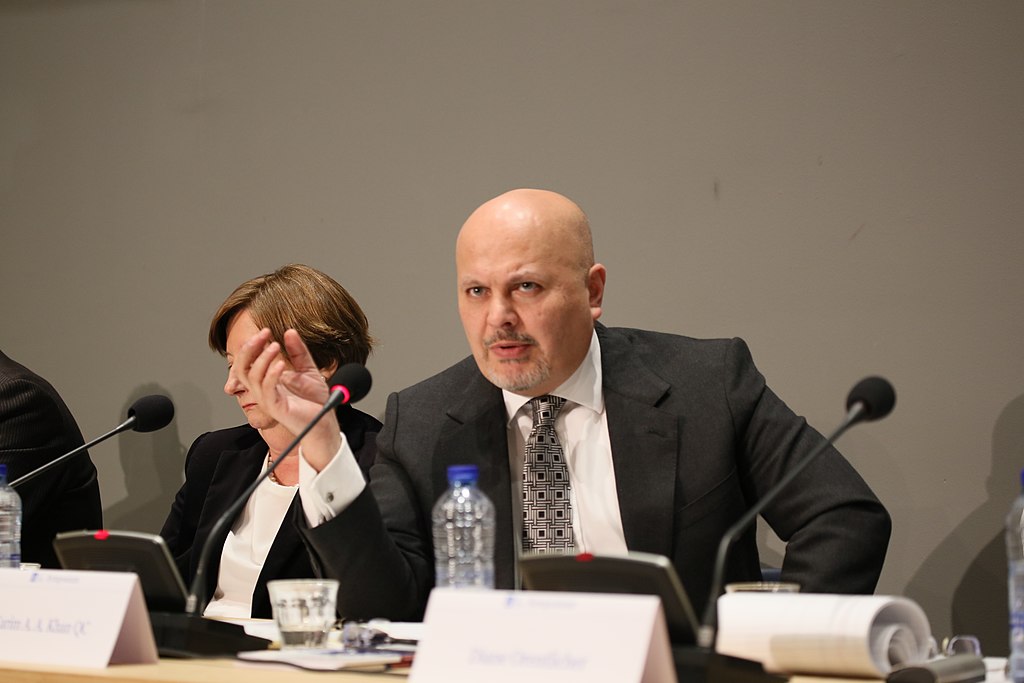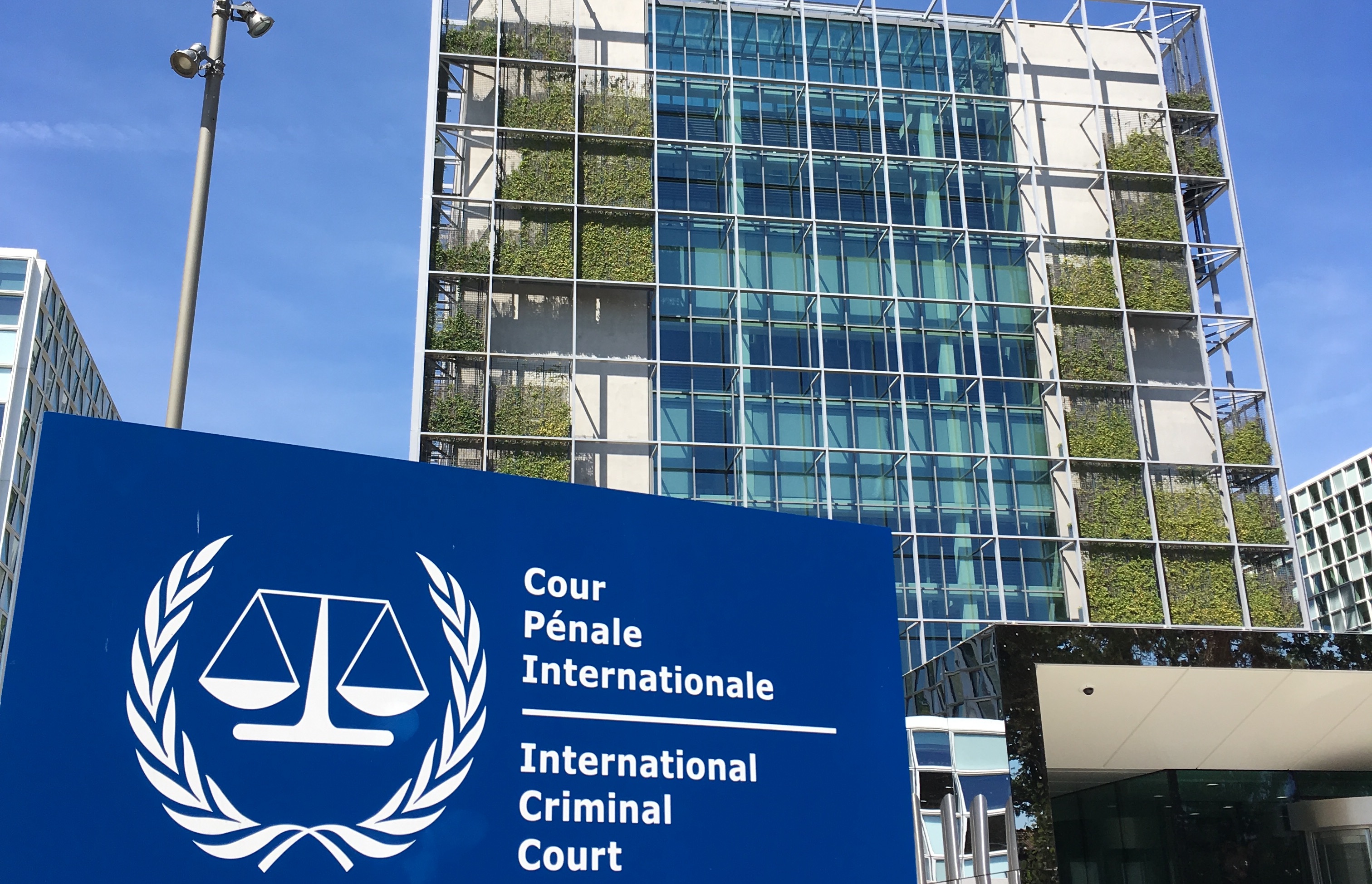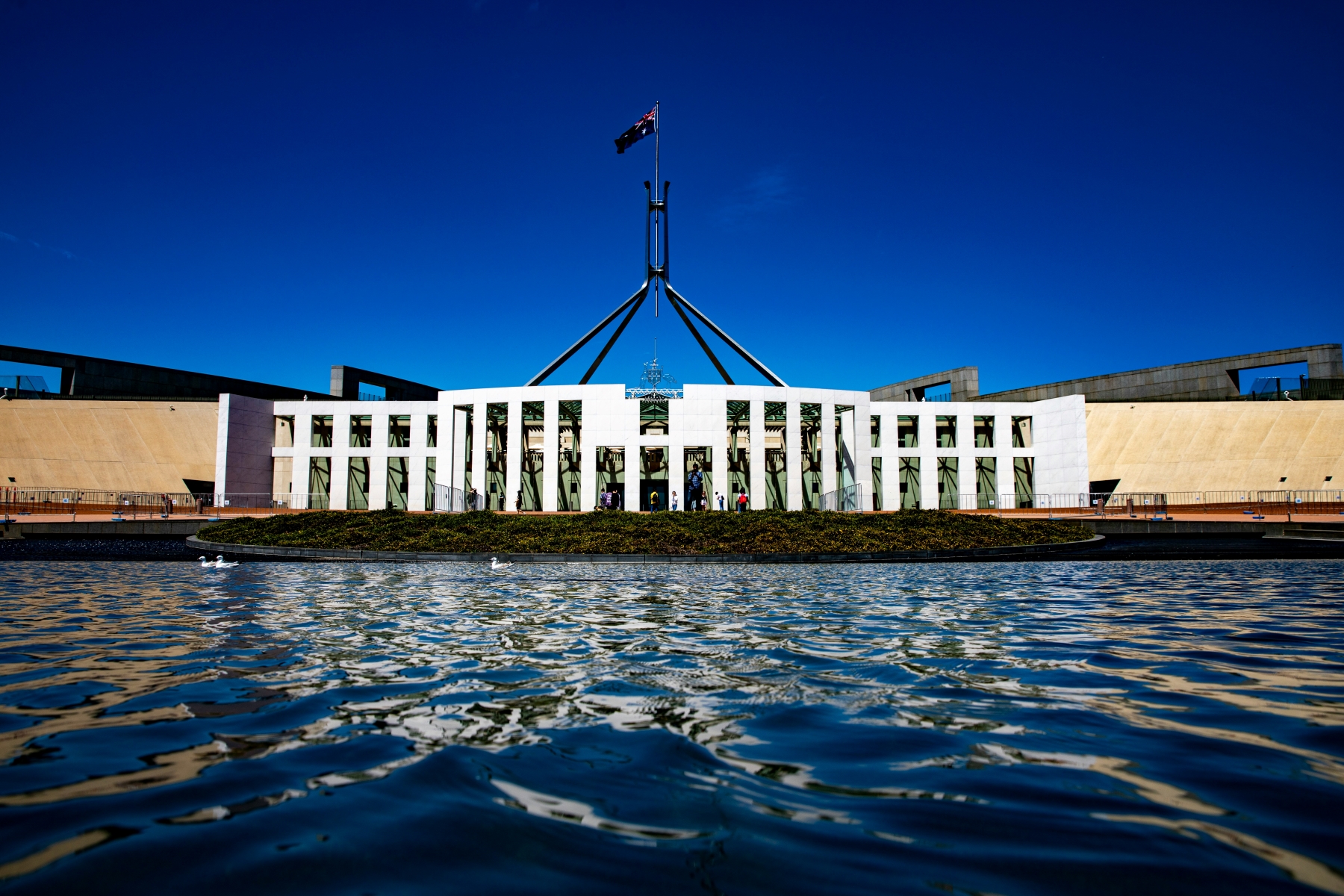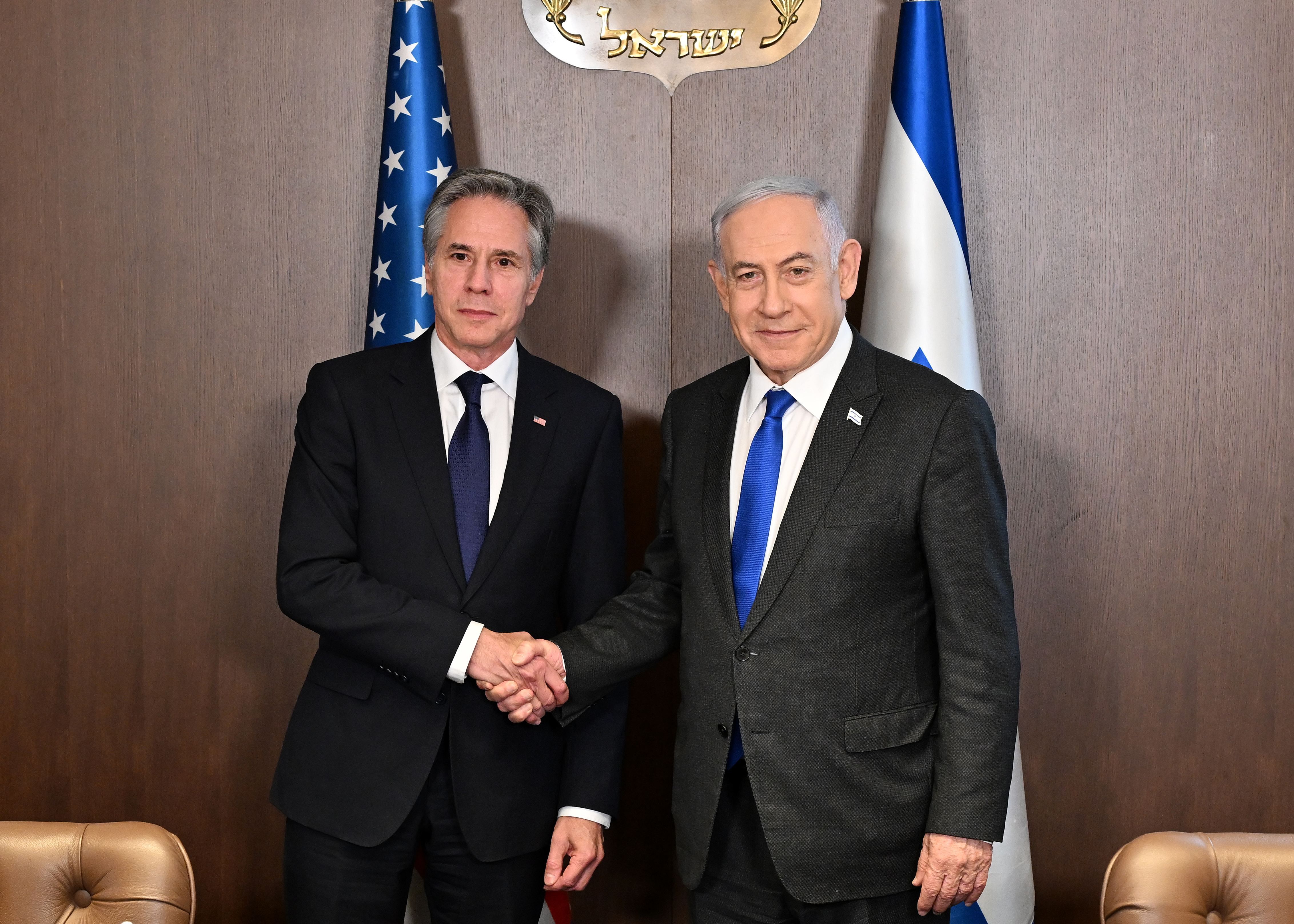We use cookies to improve your experience with Monash. For an optimal experience, we recommend you enable all cookies; alternatively, you can customise which cookies you’re happy for us to use. You may withdraw your consent at any time. To learn more, view our Website Terms and Conditions and Data Protection and Privacy Procedure.
International law takes centre stage of global politics
Published on June 14, 2024From Gaza to Ukraine to the South China Sea, international law institutions such as the ICJ and ICC are in a new era of importance.
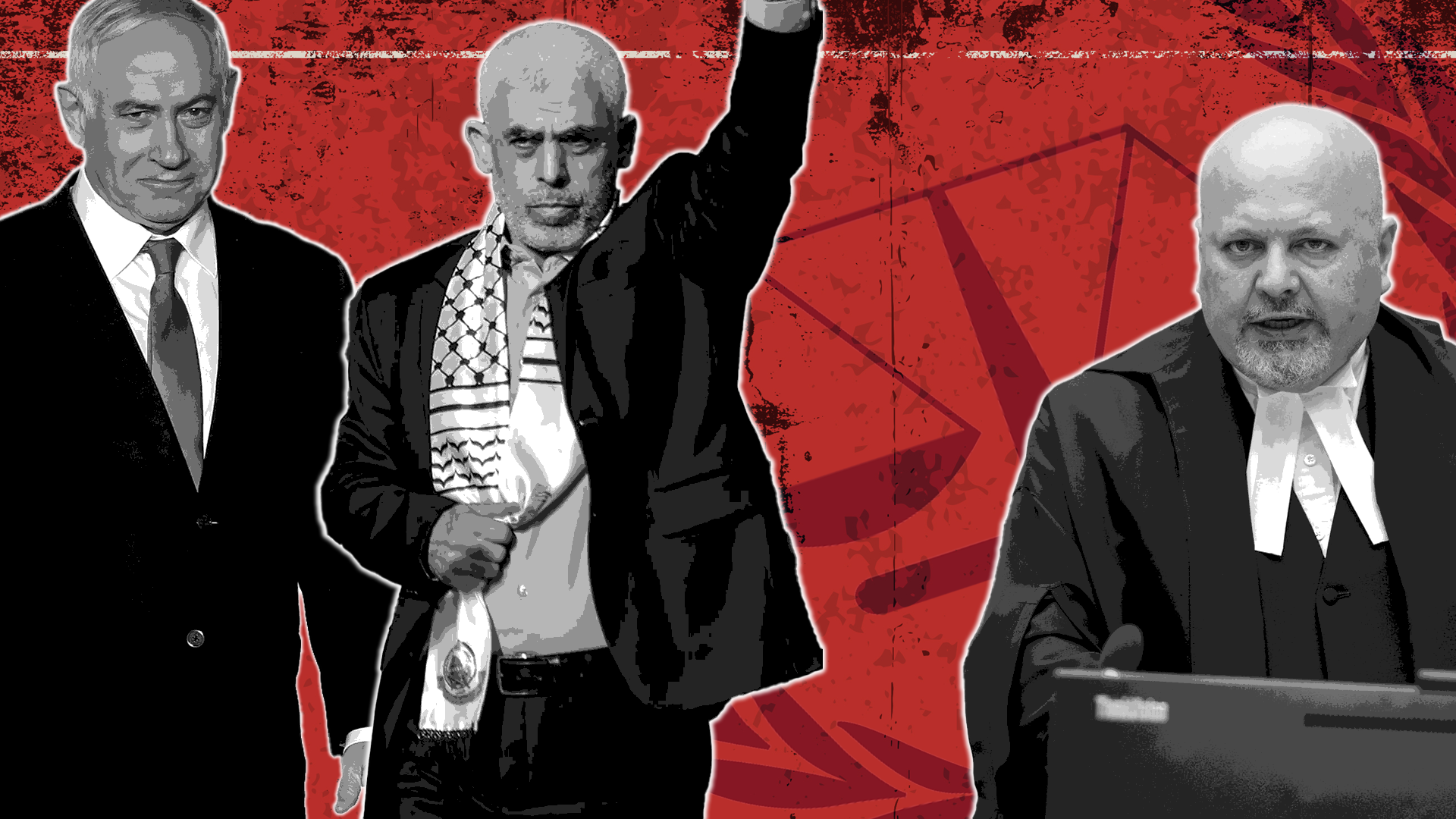 ICC Prosecutor Karim Khan’s application for arrest warrants against Netanyahu and Sinwar and the ICJ case against Israel have triggered a churn in international affairs : Image by Michael Joiner 360info, images via International Criminal Court media centre CC BY 4.0
ICC Prosecutor Karim Khan’s application for arrest warrants against Netanyahu and Sinwar and the ICJ case against Israel have triggered a churn in international affairs : Image by Michael Joiner 360info, images via International Criminal Court media centre CC BY 4.0
From Gaza to Ukraine to the South China Sea, international law institutions such as the ICJ and ICC are in a new era of importance.
On June 6, Spain applied to join South Africa in its case accusing Israel of genocide in the International Court of Justice (ICJ).
Two days earlier, on June 4, the US House of Representatives had passed a proposed law that would impose sanctions on the International Criminal Court (ICC) and “any foreign actor who supports their effort to arrest, detain, or prosecute protected persons of the United States and its allies, including Prime Minister Benjamin Netanyahu”.
Under international law, 124 signatories to the Rome Statute, including US allies such as the UK, Canada and Australia, are obligated to cooperate fully with the ICC’s investigations and prosecutions.
From Gaza to Ukraine, questions of international law are increasingly at the heart of global geopolitics. As states from Russia and China at one end to Israel, the US, and its closest allies at the other attempt to claim they are on the side of justice, the contest is being viewed and judged in the global public square through concepts enshrined in international law.
In this series of articles, experts explain and analyse the geopolitical implications of the latest developments in international law, interrogating the widening gulf between institutions such as the ICC and ICJ and the US and Israel.
Featuring, in alphabetical order:
- Amy Maguire, Associate Professor at the School of Law and Justice, The University of Newcastle, Australia.
- Atul Mishra, Associate Professor in the Department of International Relations, Shiv Nadar University, Delhi-NCR, India.
- Fiona McGaughey, Associate Professor at the UWA Law School, The University of Western Australia, Australia.
- Peter Vale, Senior Research Fellow at the Centre for the Advancement of Scholarship, University of Pretoria, South Africa.
- Rachel Killean, Senior Lecturer at Sydney Law School, The University of Sydney, Australia.
- Vineet Thakur, Assistant Professor in International Relations and History, Leiden University, The Netherlands.
Originally published under Creative Commons by 360info™.
Editors Note: In the story “International Law” sent at: 12/06/2024 10:12.
This is a corrected repeat.


